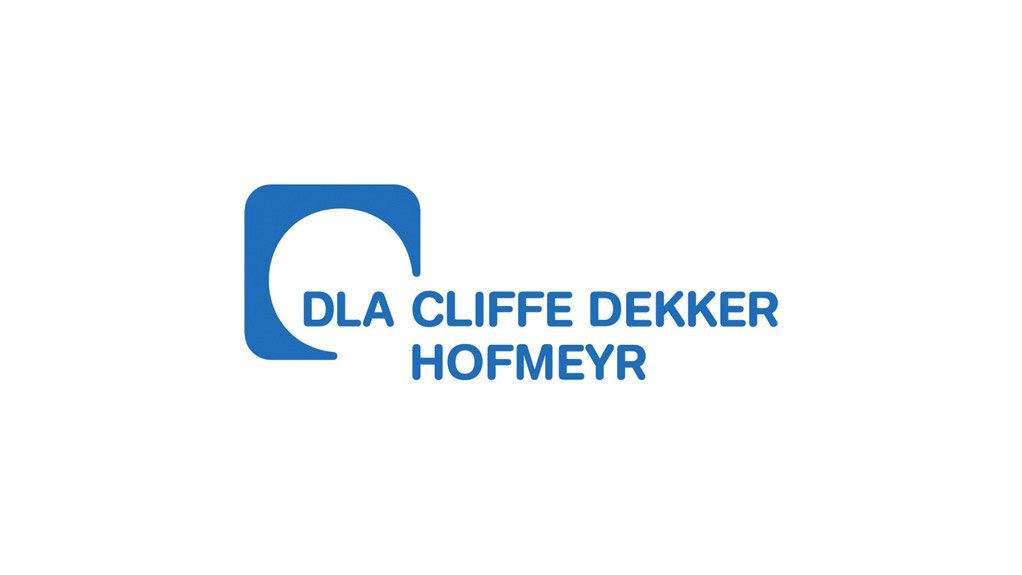The Minister of Labour will introduce the Unemployment Insurance Amendment Bill into the National Assembly during 2014. According to Johan Botes, Director in the Employment Practice at Cliffe Dekker Hofmeyr, this draft Bill, which will amend the Unemployment Insurance Act, 2001, has several important implications for employers and employees.
Botes explains that the Unemployment Insurance Fund (UIF) is a vehicle for payment of benefits to employees who become unemployed, take maternity leave or otherwise become entitled to benefits. Employers and employees contribute to the UIF. The proposed Bill aims to improve service delivery by the UIF.
“A further amendment will see the inclusion of individuals on learnerships (contract of employment contemplated in the Skills Development Act), and their employers, and Government employees Fixed term workers required to leave South Africa on expiration of their term will also now benefit from the UIF. Exclusion of these categories of employees was deemed unconstitutional and the draft Bill will seek to cover these employees,” he explains.
New maternity benefits will see payment made at a rate of 66% of the earnings of the beneficiary at the time of the application. This provision also provide for the income replacement rate of 20% payable after 238 days until 365 days. An interesting amendment to the Act is that a contributor who has a miscarriage during the 3rd trimester or bears a still-born child, is now entitled to a full maternity benefit of 17 to 32 weeks.
“Clause 9 also provides that a contributor is not entitled to benefit unless she was in employment, whether as a contributor or not, for at least 13 weeks before the date of application for maternity benefit. The clause that stipulates that a person should apply for maternity benefits eight weeks before a child is born will be deleted. This clause has caused confusion in labour centres and frustration for would-be and new mothers seeking to claim maternity benefits,” he explains.
The draft Bill will further change maximum accrual of benefits from 238 days to 365 days in a four year period. This essentially extends the period of payment of an unemployed contributor from eight months to twelve months. Beneficiaries will also accrue one day’s benefit for every four days of employment as a contributor. The period of application for unemployment insurance benefit has also been extended from 6 months to 12 months after the termination of the contract of employment.
“Currently the Act states that every employer must inform the Commissioner of any change which occurred during the previous month with regards their employees. The proposed amendment requires the employers to provide the Commissioner with all employment information not just changes only,” says Botes.
The draft amendment Bill will also enable the Minister to change/vary both minimum Income Replacement Rate and the maximum Income Replacement Rate without having to go to Parliament. The present position is that the Minister can vary the minimum Income Replacement Rate only. Once the amendment becomes law the Minister will simply use a regulation to vary either the minimum or maximum or both.
Botes adds, “The Bill will create welcome relief for employees end ex-employees seeking to claim benefits. During the tough economic times faced by many employers, redundancies are at high levels. Many retrenched employees rely on UIF benefits to tie them over until they find new employment. With new jobs as scarce as hens' teeth, extending the benefits will permit many struggling families to remain afloat during the dark period following a job loss to an income earner or breadwinner. The additional maternity benefits are a great step in the right direction for many employers seeking to introduce more progressive policies to attract and maintain talented female employees.”
EMAIL THIS ARTICLE SAVE THIS ARTICLE
To subscribe email subscriptions@creamermedia.co.za or click here
To advertise email advertising@creamermedia.co.za or click here











